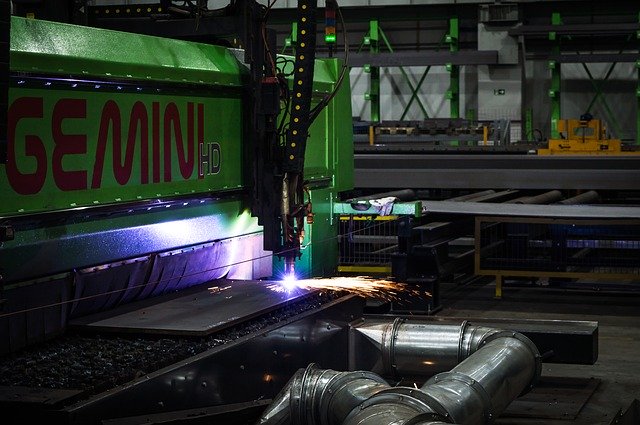How AI and Machine Learning Will Affect Machining

The Importance of Optimization
The concept of optimization is simple enough, but the nuts and bolts are complex, and automation is challenging to implement. The underlying technology, which includes software and data, is complicated, but it is needed in order to make automation in manufacturing a reality. Machine learning and artificial intelligence involve things like software-based algorithms, voice commands, and smart probes. When CNC parts are entirely powered by artificial intelligence and machine learning, and they are used in conjunction with things like 3D printing online, the future of manufacturing will be changed for all time.
Will AI and machine learning replace humans?
Machine learning takes machine data and self-optimizes or alters course to take corrective action, and artificial intelligence allows machines to self-learn. That has led many to believe that humans will be out of a job soon, but in fact, human involvement will still be a very necessary part of the manufacturing process. Humans are needed to consistently define and refine processes and teach machines the optimization parameters via programming, testing, simulation, and analytical assessment.
How Engineers Are Developing Tools and Tech of the Future
In the United Kingdom, engineers at the Advanced Manufacturing Research Centre’s Factory 2050 are using machine learning and artificial intelligence for machine utilization. Using new computer hardware, they can now track power consumption among automotive suspension components. The next stage of the project will be to teach the machines to learn and detect non-conforming elements in the manufacturing production process. Therefore, the machine will be able to find inconsistent wear that could affect the quality of parts. The engineers are also using artificial intelligence to identify when machines require intervention. Predicting tool failures and prolonging machines’ lifespan will reduce non-conforming parts and boost the productivity of manufacturing companies.
CNC machines like CNC lathe need tune-ups just as much as cars. CNC machining service use a huge number of components like gears, so the machines have to be calibrated. It can be challenging to know when machines need calibrating, though. So, that is where machine learning and artificial intelligence come in. In partnership with Siemens and the Commonwealth Center for Advanced Manufacturing, the artificial intelligence company Bonsai AI has created an automated recalibration system that runs more than thirty times faster than human operators can do so. Furthermore, the error rates are less than two microns in one to four iterations. At present, Bonsai AI is working on adaptive automation, which is about adapting an existing process and improving its cost, quality, and productivity. As companies like Bonsai AI continue to develop artificial intelligence and machine learning technologies, machining operations in manufacturing are sure to change forever.

























